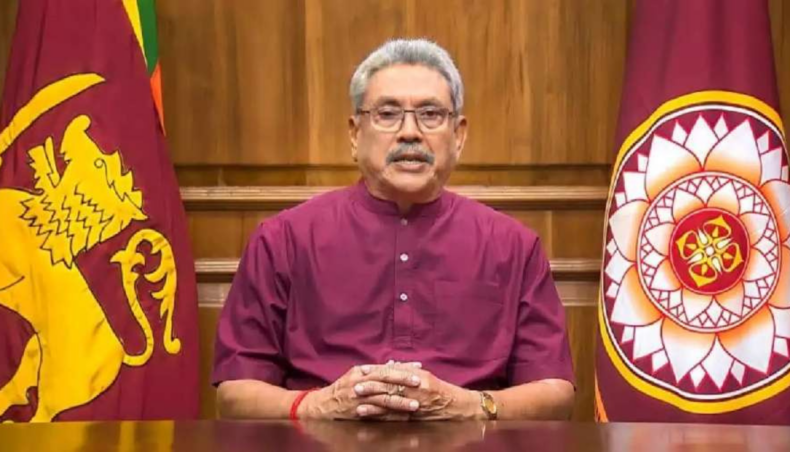In an effort to placate demonstrators demanding that Sri Lanka President Gotabaya Rajapaksa resign, the cabinet approves a constitutional modification.
In an effort to placate the protesters clamoring for President Gotabaya Rajapaksa to resign over the nation’s greatest economic crisis in decades, the Sri Lankan cabinet has approved constitutional revisions that will restrict the president’s authority.
According to Dinouk Colombage, media advisor to Prime Minister Ranil Wickremesinghe, the decision to change the constitution to limit the president’s expansive powers was made on Monday during a cabinet meeting.
The so-called 21st amendment to the Sri Lankan constitution restores the independence of commissions in important decision-making while giving the parliament certain new powers.
Tourism minister Harin Fernando tweeted,
“The 21 amendment was tabled and passed in cabinet today. It will now be referred to the country’s parliament where it needs the support of two-thirds of its members.”
‘With Great Powers, Comes Great Responsibilities’
With the assistance of his older brother, Prime Minister Mahinda Rajapaksa, Gotabaya pushed the 20th amendment into parliament in October 2020, less than a year after taking office. This amendment gave the president broad authority.
Following the amendments, the president was now able to nominate and remove ministers in addition to holding ministries. Additionally, it changed the election, public service, police, human rights, and corruption investigation commissioners to be appointed by the president.
Since 1978, Sri Lanka has been governed by a strong executive presidential system. However, a reformist administration cut back on the president’s authority in 2015 and handed it over to the parliament and independent commissions, claiming that previous presidents had become increasingly dictatorial.
President Gotabaya had made hints about caving into the demonstrators’ demands to curtail his authority as the nation struggled through its worst economic crisis ever, which was mostly attributed to the powerful Rajapaksas.
One of the key demands of the months-long rallies against the economic disaster in the island nation of 22 million people has been the removal of the Rajapaksas from public service.













